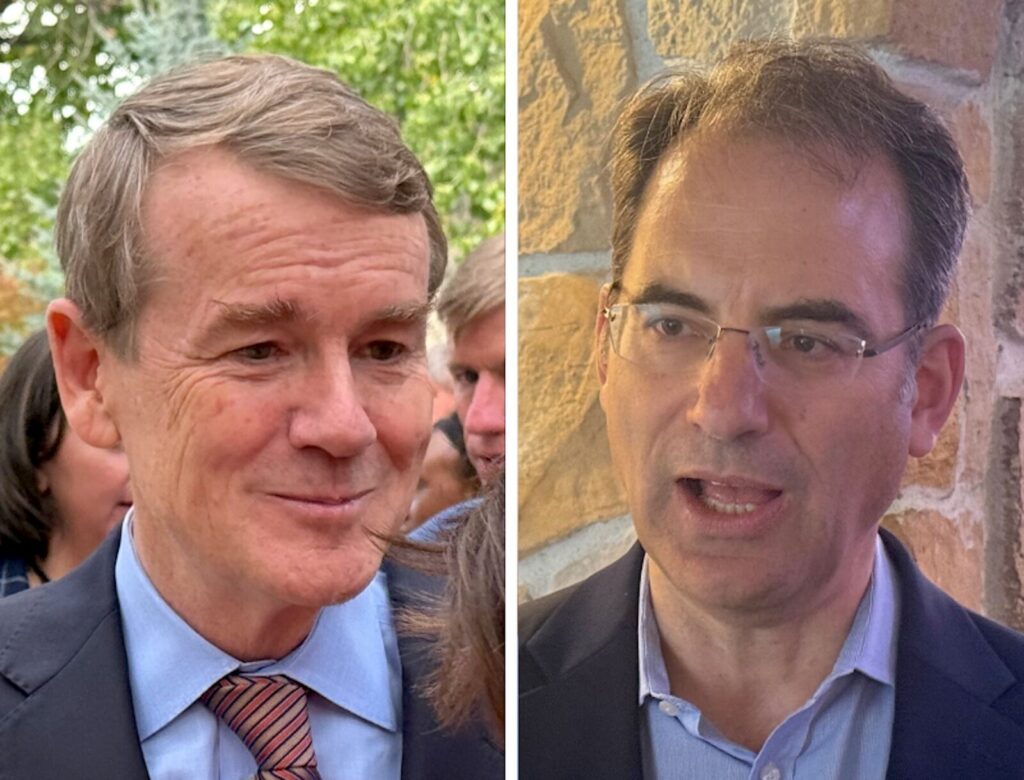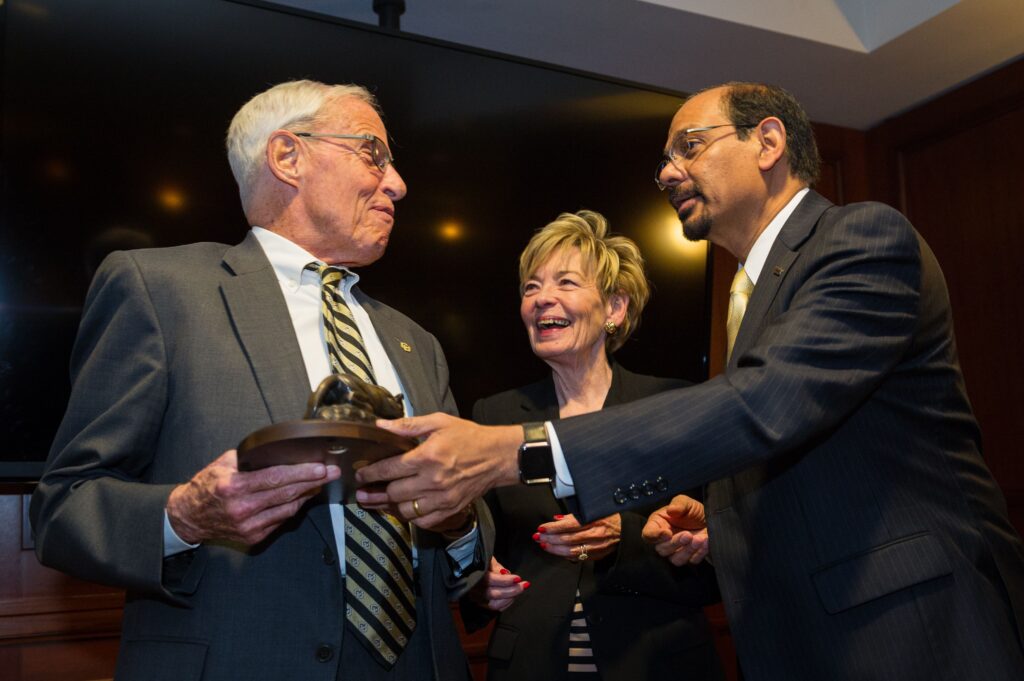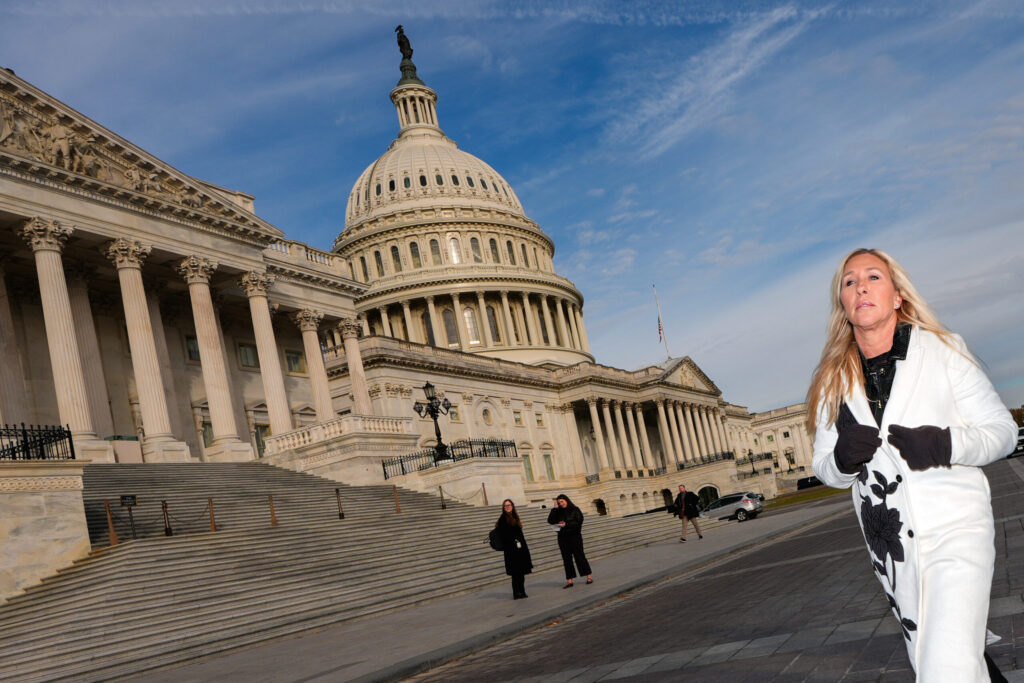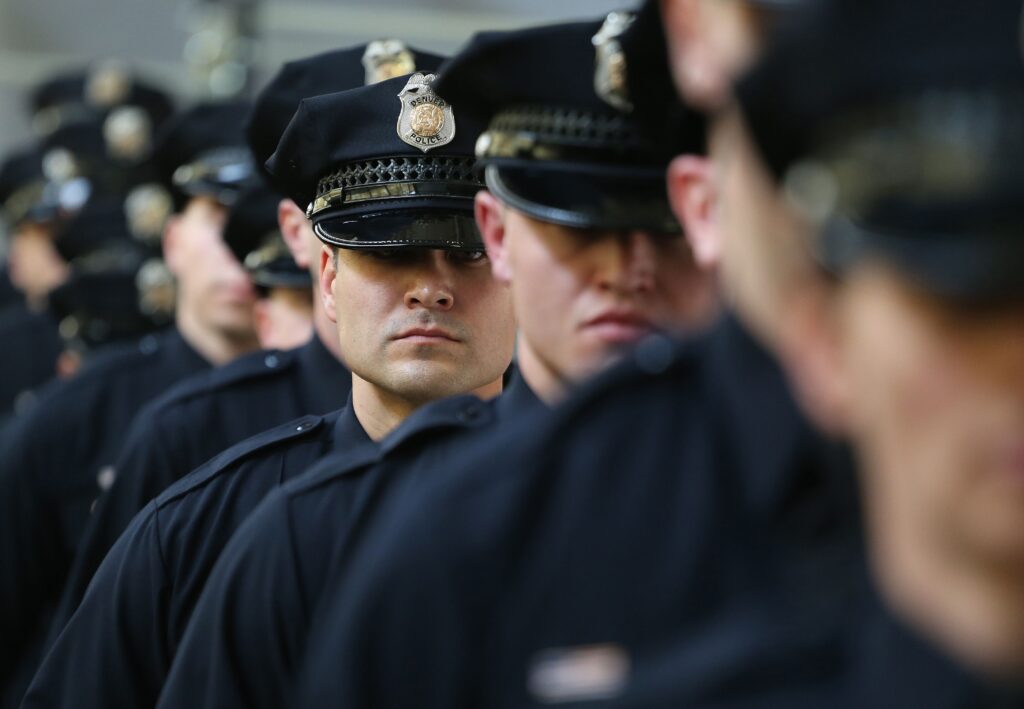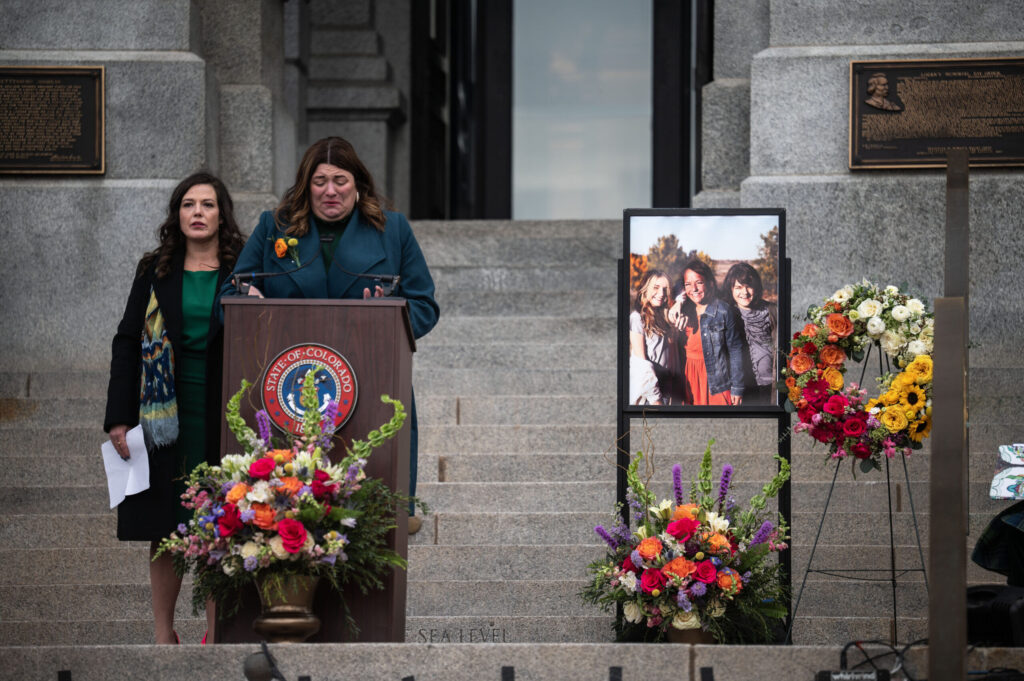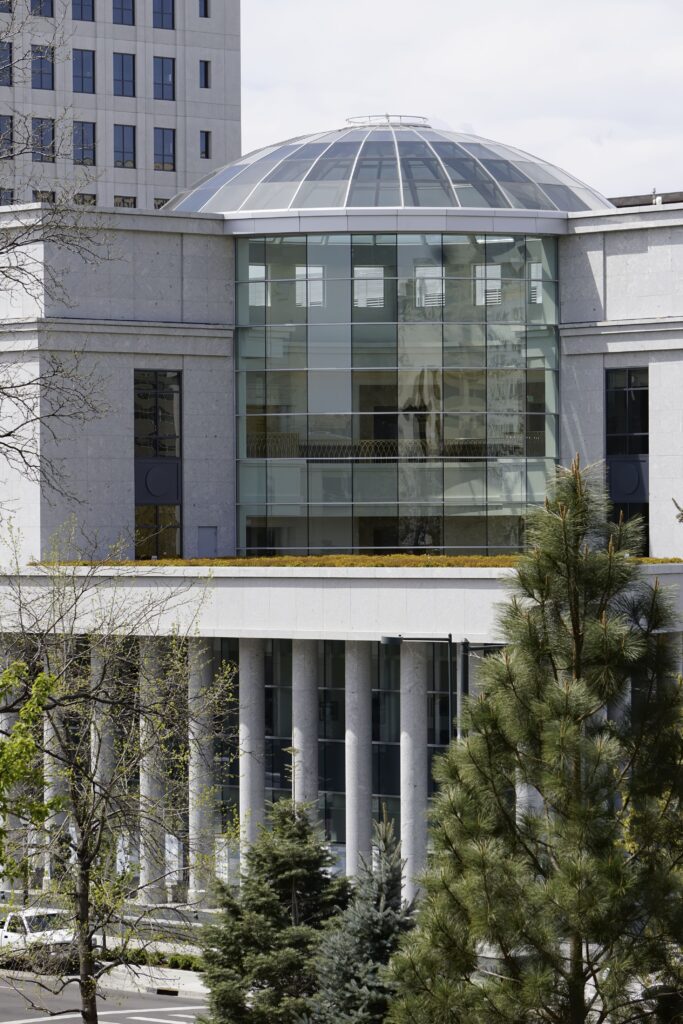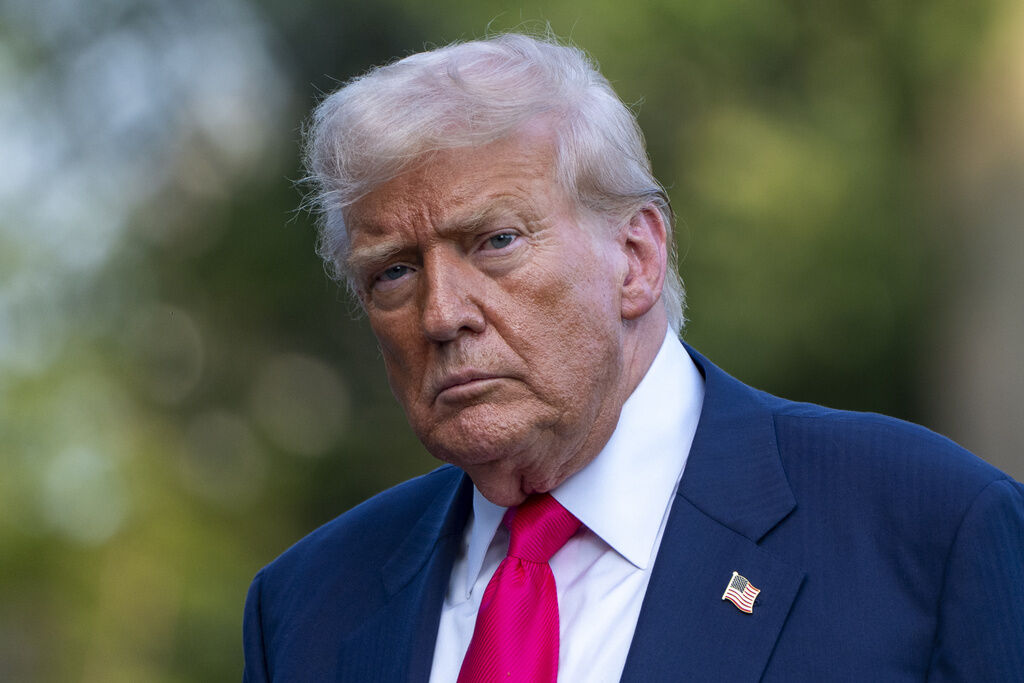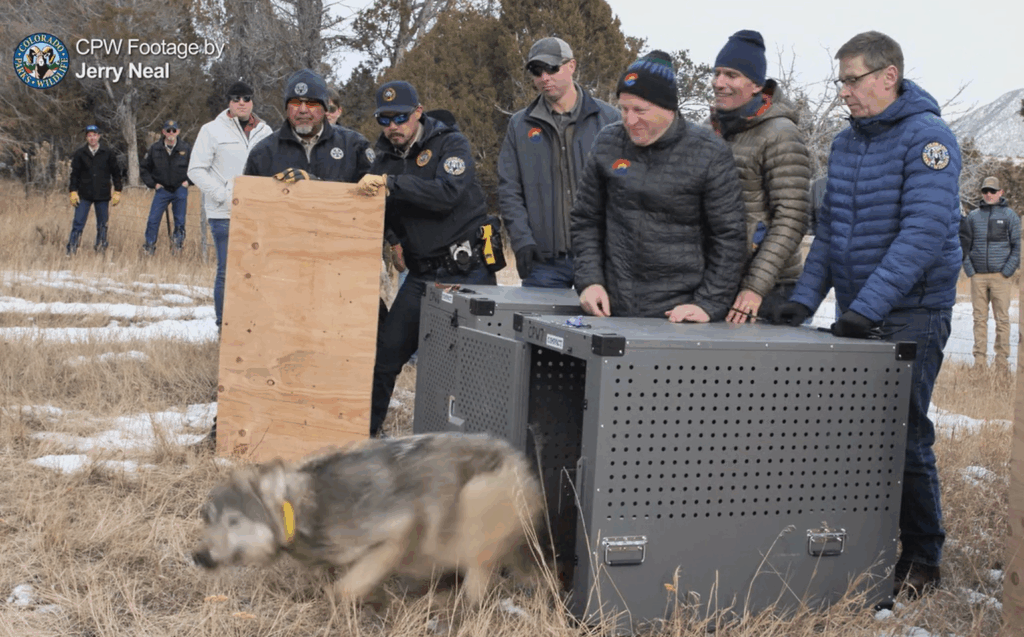House Republicans say speaker’s remarks confound transportation talks
House Republicans say Speaker Crisanta Duran tossed a grenade into transportation-funding conversations, perhaps the most important issue facing the legislature this year.
Conversations have become complicated as Gov. John Hickenlooper, a Democrat, is asking for the legislature to come up with a proposal sooner than later.
“I don’t think we should let it wait until the end of the legislative session,” Hickenlooper said Thursday while addressing the Colorado Municipal League. “I just think we all have to sit down … let’s say by the end of March … or else we’re going to kick this can down the road again.”
The question is whether negotiations have been derailed.
Assistant Republican Leader Cole Wist of Centennial expressed concerns after Duran said conversations around transportation funding should include exploring broader revenue streams in an effort to protect schools.
“Speaker Duran’s call for more taxpayer revenue without any offsetting tax reductions is a complete departure from constructive conversations with Republicans and shows she and the Democrats have given up on a fiscally responsible solution to transportation funding,” Wist said.
Republicans have been adamant that transportation funding needs to include existing revenue. They are worried after Duran said, “What’s the point of going forward with a revenue-neutral ballot issue when we have all these needs? We should try and dig deeper.”
“On day-one she called for a ‘bipartisan consensus on a statewide transportation plan,’ yet her comments severely jeopardized transportation negotiations, and shows Democrats are unwilling to prioritize Colorado’s continually-increasing revenue for its most pressing needs,” Wist said.
The speaker also threw the Hospital Provider Fee discussion back on the table, suggesting that it’s still worth examining restructuring the fee as an enterprise fund, or government-owned business, to free revenue for spending.
The proposal has derailed budget talks in the past, and it is believed to be a dead issue again this year in a split legislature, so it was surprising to see Duran give the proposal renewed attention. Some wonder, however, whether the fee restructuring could be attached to a ballot issue on transportation.
Transportation funding discussions were thought to have been taking place separate of other budgetary conversations. But Duran said all budget issues are connected.
The crux of the issue for Democrats is that only using existing revenue from the general fund for transportation would result in cuts elsewhere. Education has always been an easy target.
In addition to rekindling Hospital Provider Fee discussions, Duran said another idea includes examining a fiscal thicket thanks to conflicting constitutional government spending and restraint laws.
She also pointed to an effort that would tie the state’s spending cap formula in the Taxpayer’s Bill of Rights to personal income, rather than consumer inflation plus population change. The move would allow government to grow when economic times are good.
Duran also proposed reforming the state’s tax code.
Republicans, who control the Senate, say they are open to a referred tax increase to fund roads and highways, but only if Democrats look for efficiencies, allocate and reprioritize existing resources and reduce or eliminate outdated taxes.
Proposals include either a sales or gas tax increase.
Republicans also would like to explore bonding, in which voters would approve a loan for transportation funding that the state would pay back in full.
Roads and highways face a $9 billion revenue shortfall over the next decade. Both sides of the aisle agree that the state must come up with a solution, but they continue to clash over how.
Hickenlooper, a Democrat, said he is not concerned that Duran’s comments may have severely complicated the negotiation process.
“She said it couldn’t take money away from education. I agree,” Hickenlooper said. “She’s moving in her process to get us to where we need to be. She’s taking us in the right direction.”
Hickenlooper also has not abandoned the Hospital Provider Fee proposal, as he is talking about “reopening” the conversation.
While the governor said the state can work to find existing money from areas of the budget like health care, he said those existing revenues aren’t enough, though he is “agnostic” as to what a ballot question to raise money for transportation should look like.
“We’re still going to need to pass some sort of an initiative that gets revenue from some new source,” Hickenlooper said.
The governor looked to Utah, a Republican state that invests significantly more than Colorado on transportation.
“They realize this is a competition … to who gets the young entrepreneurs to create the good jobs down the road,” Hickenlooper said. “This has got to be the year it happens … This year I mean it.”
Sandra Hagen Solin, spokeswoman for Fix Colorado Roads, which has led much of the push for funding, said there is a feeling that negotiations have intensified.
“The stakes were elevated with her (Duran’s) remarks,” Solin said. “But it only becomes more complicated if we allow it to. All parties need to be realistic about what’s possible politically, both inside and outside of this building.”
She pointed out that there are common themes running throughout the conversation, including a will to explore bonding and new revenue and to identify major infrastructure projects.
“Now it’s a matter of finding the numbers that work for everyone,” Solin said.


